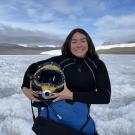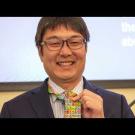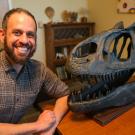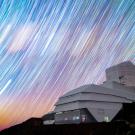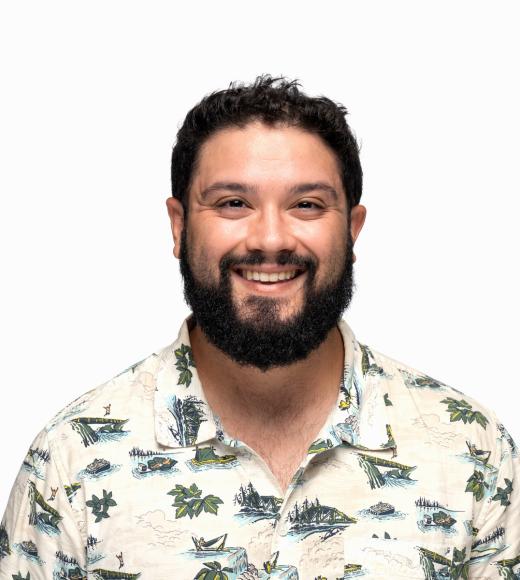
Bio
Greg Watry - Editorial Director; Department Editor, Science & Technology
Greg Watry writes about people, research and initiatives in the math and physical sciences, and is a member of the College’s communications and marketing team. He also edits the monthly Research Newsletter. Watry's career includes experience in journalism, higher education and the private sector. His work has earned awards from the New Jersey Press Association, the Association for Communication Excellence and the Council for the Advancement and Support of Education. He holds bachelor's degrees in English literature and communication (media production specialization) from Villanova University and a master's degree in science, environment and medicine writing from Columbia University.


